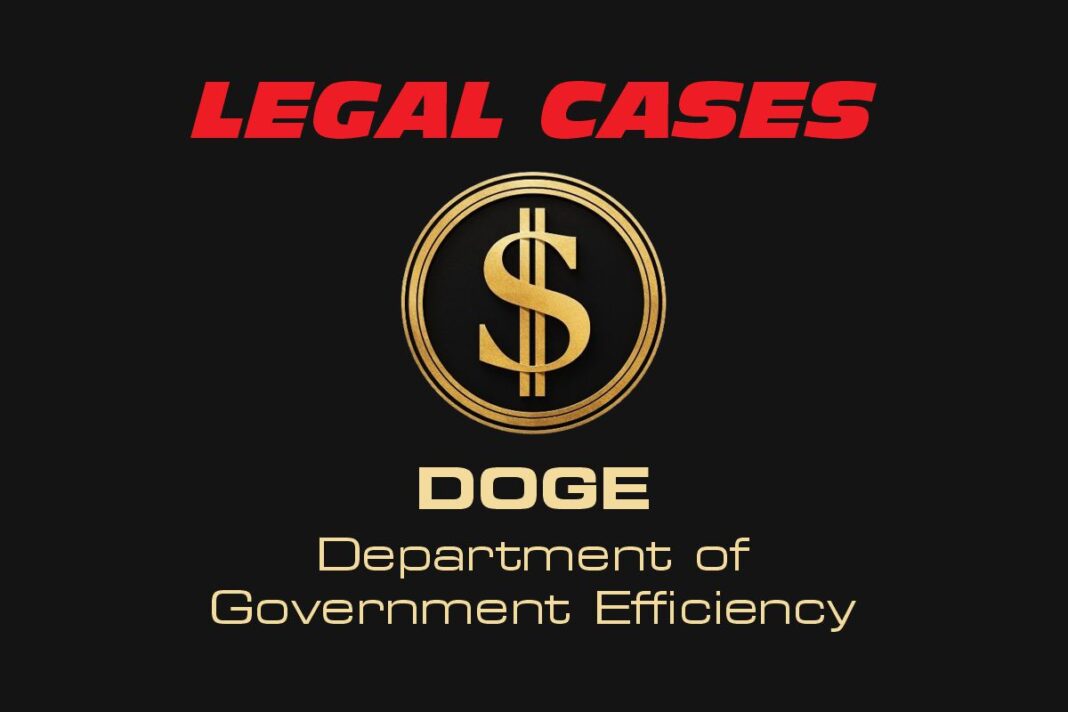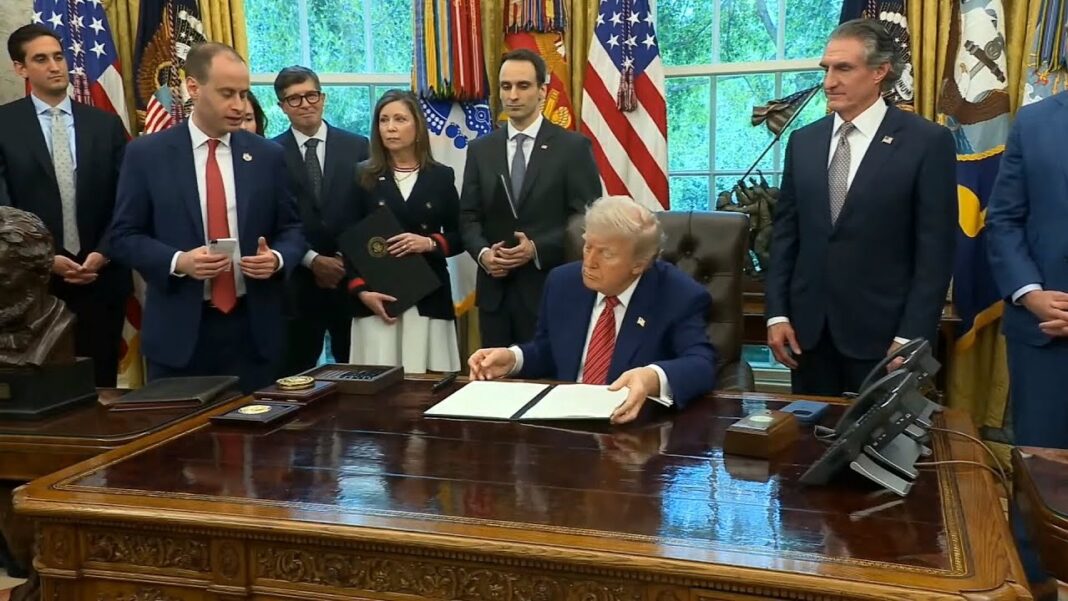The block will remain in effect for the time being, Chief Justice John Roberts ruled.
The Supreme Court on May 23 temporarily blocked lower court orders requiring the Department of Government Efficiency (DOGE) to respond to freedom of information requests in a pending lawsuit.
President Donald Trump issued Executive Order 14158 on Jan. 20, implementing DOGE, an advisory body that recommends cost-cutting measures for federal agencies. The executive order directed the entity to “implement the President’s DOGE Agenda, by modernizing Federal technology and software to maximize governmental efficiency and productivity.”
Chief Justice John Roberts issued what’s called an administrative stay that puts lower court orders on hold while the justices consider how to handle the case. Roberts did not provide reasons for his decision.
The orders issued by the federal district court in Washington “are hereby stayed pending further order of the undersigned or of the Court,” Roberts wrote in his new order.
The case is US DOGE Service v. Citizens for Responsibility and Ethics in Washington (CREW).
In the legal proceeding, CREW argued that it needs to know more about DOGE’s operations because DOGE allegedly wields “unprecedented” authority over the government and is doing so under conditions of “unusual secrecy.”
U.S. Solicitor General D. John Sauer filed an emergency application with the Supreme Court in the case on May 21.
DOGE is an advisory body located in the executive branch—as opposed to an agency—so it “is exempt from the Freedom of Information Act (FOIA),” Sauer wrote.
The Freedom of Information Act, which took effect in 1966, allows individuals “to obtain access to government information in executive branch agency records,” subject to certain exceptions.
“FOIA applies to records created by federal agencies and does not cover records held by Congress, the courts, or state and local government agencies,” a government website says.
Sauer wrote that despite DOGE’s status as an advisory body, the district court ordered it “to submit to sweeping, intrusive discovery just to determine if USDS is subject to FOIA in the first place.”
Discovery is a process in which parties in a lawsuit obtain evidence from other parties.








